Costa Coffee will supply British handmade potato chips and plans to open 1200 stores by 2022
British snack brand Fairfields enters China, focusing on handmade potato chips made in the UK.
It has been learned that British snack brand Fairfields Farm has signed an agreement with Costa Coffee in China to supply its handmade potato chips at Costa Coffee China stores, selling potato chips in light sea salt and black pepper for the first time.
Fairfields Farm started producing potato chips in 2006 as a farm for potatoes, corn and rye, supplying more than a dozen different varieties of potatoes, including special varieties of crispy potatoes, to wholesalers and retailers across the UK. Once launched, Fairfields Farm's potato chips were very popular and were named the best manufacturer and supplier in England in 2016.
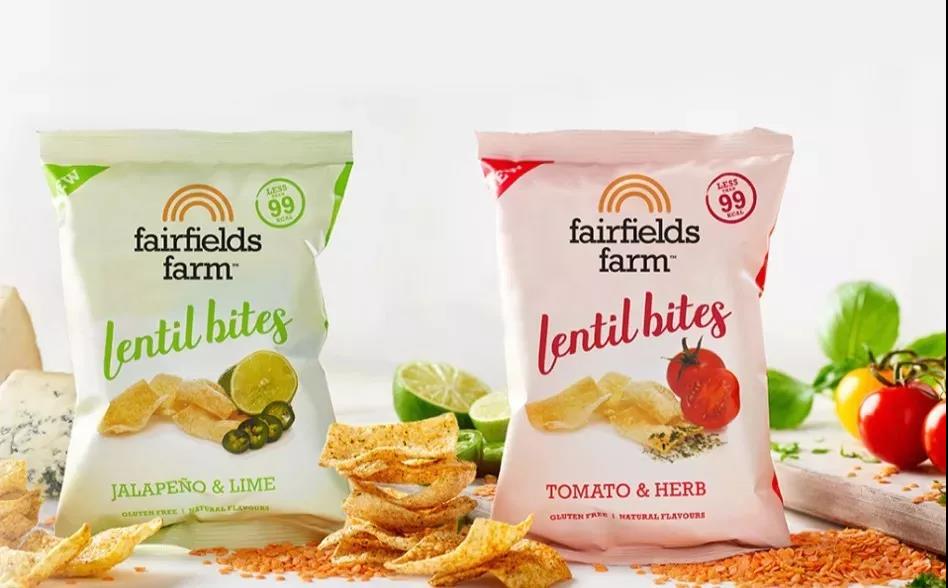
▲ Picture Source: Fairfields Farm
Coca-Cola executives said recently that the main achievement of the acquisition of coffee chain Costa is not to turn to physical retail, but to use the Costa supply chain to provide coffee to fast food customers to meet consumers' demand for hot coffee drinks.

"the retail part is not necessarily the most attractive part of the acquisition," John Murphy, president of Coca-Cola Asia Pacific, said in an interview with the Financial Times, according to Interface News.
One of the main advantages of acquiring Coasta is its ability to help Coca-Cola provide coffee products to its biggest customers. The biggest customers are mainly fast food companies that are keen on all kinds of drinks.
Coca-Cola has been trying to diversify its products beyond carbonated drinks. But at present, nearly 3/4 of Coca-Cola's sales still come from carbonated drinks amid increasing global scrutiny of high-sugar soft drinks. John Murphy said Coca-Cola will strengthen its core products by innovating and listening to consumers, but "We have to admit that our core product portfolio does not meet all beverage consumption situations."
On Aug. 31, Coca-Cola announced that it had acquired Costa, a British coffee brand, from Whitbread for $5.1 billion, acquiring all the outstanding and outstanding shares of Costa, as well as all its current operations. These operations include coffee brands and their nearly 4000 stores and professional baristas, coffee vending machines, household coffee and coffee roasting.
The acquisition of Costa will undoubtedly bring Coca-Cola a strong coffee business platform throughout Europe, Asia-Pacific, the Middle East and Africa, as well as enhance Coca-Cola's expertise and market insight in the coffee category, including procurement, vending and distribution channels.
"Hot drinks are one of the few parts of Coca-Cola's full-range beverage strategy that do not have a global brand," said Coca-Cola President and CEO James Quincey at the announcement. Costa will allow us to have a strong coffee platform to penetrate the hot drinks market. " At present, the best development of Coca-Cola coffee products is the Qiaoya coffee brand, while other coffee products are less well-known. Through the introduction of Costa brand and platform, Coca-Cola's existing coffee lineup has directly achieved a leaping development.
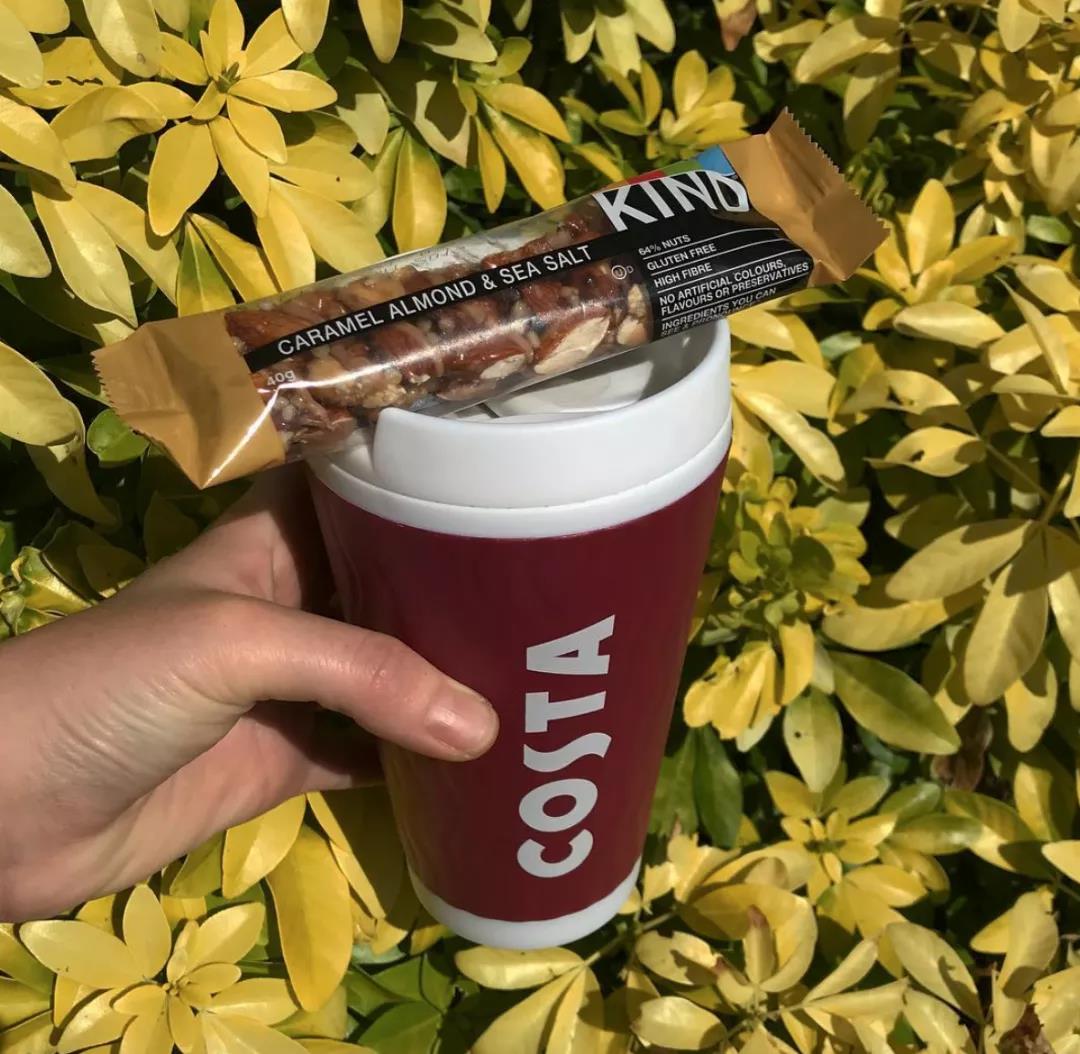
Costa will provide expertise in everything from purchasing coffee beans to grinding, and its coffee products have performed very well in consumer tests, it also told the Financial Times.
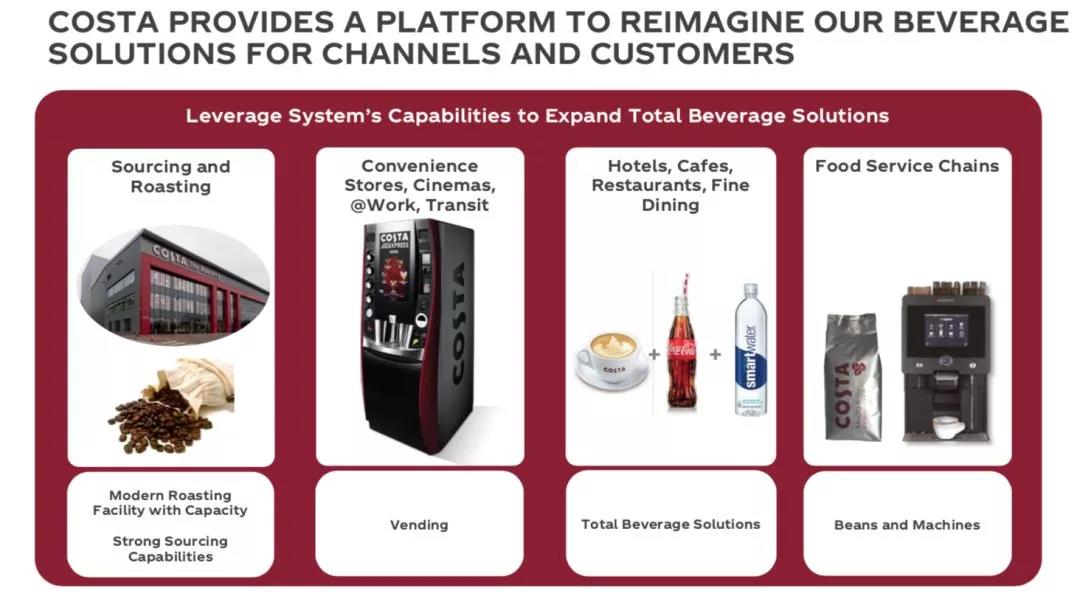
Coca-Cola is also interested in various Costa vending machines because they are suitable for different forms of stores. Costa Express's business model allows Costa and its take-away coffee to appear in a variety of mobile locations, including gas stations, cinemas and tourist centers, and Costa Express now has 8237 vending machines around the world.
Another possible layout is the capsule coffee business. "We don't have any solutions for capped coffee that will take us into office and home consumption scenarios. We think there is great potential in this area. " John Murphy said.
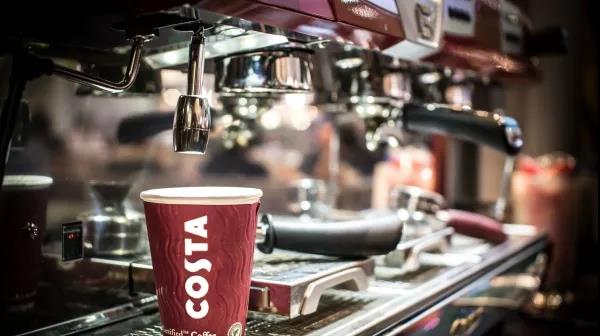
With regard to the Asian markets managed by John Murphy, he believes that with the growth of the middle class, the acceleration of urbanization and the development of technology, Asian consumers will seek more diversified products. The acquisition of Costa will also help Coca-Cola remain competitive in Asia, where there is "massive pent-up demand" for tea and coffee products that the soft drinks industry has traditionally struggled to provide. "other coffee companies are very concerned about Asia, which will be a very dynamic battlefield for the next few years." He said.
There are currently 440 Costa Coffee stores in China, with plans to open 1200 by 2022.
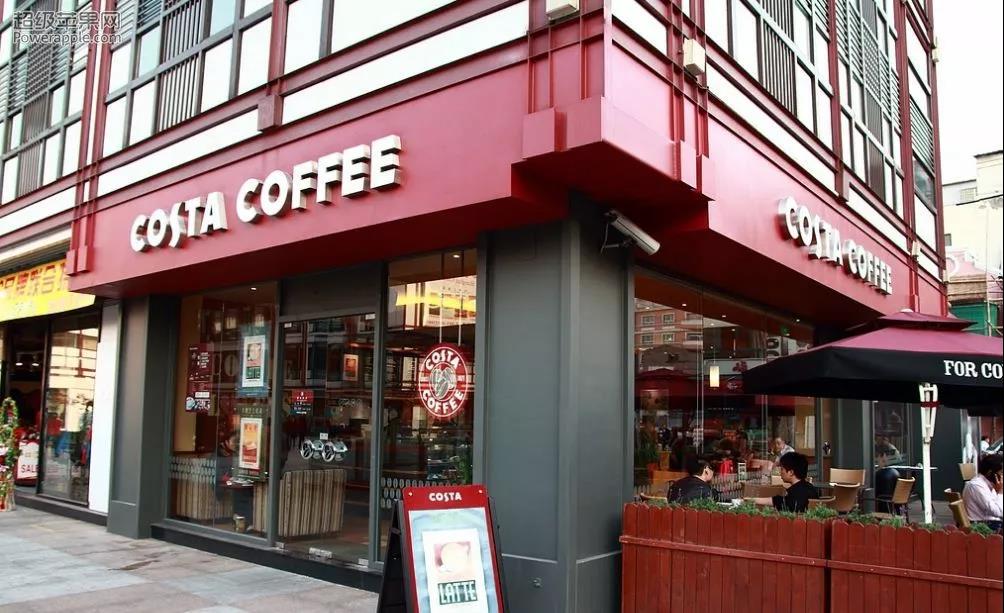
Important Notice :
前街咖啡 FrontStreet Coffee has moved to new addredd:
FrontStreet Coffee Address: 315,Donghua East Road,GuangZhou
Tel:020 38364473
- Prev
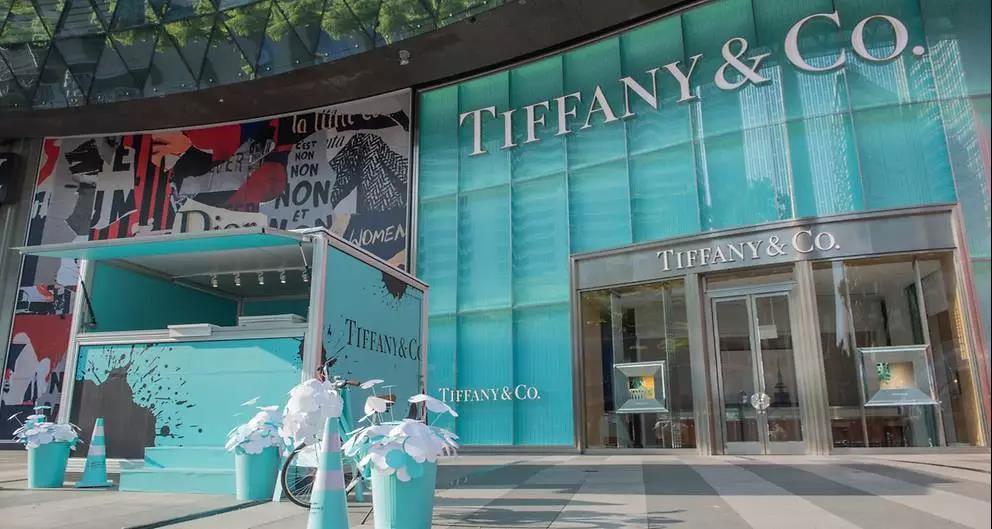
Tiffany also opens a pop-up shop to sell coffee! Tiffany's breakfast: read all the lead before you know true love
Tiffany also opened a flash store! Tiffany Tiffany flash store sells Croissant and coffee oh ~ mention Tiffany to think of the iconic Tiffany blue today, Tiffany launched Hepburn's "Breakfast at Tiffanys" is also a classic in the hearts of countless fans at 5: 00 in the morning on New York's Fifth Avenue, a woman in a small black dress is elegant and gentle.
- Next
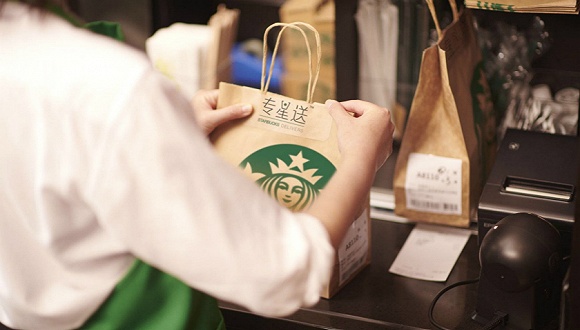
Father Xing's takeout is finally online! Starbucks and ele.me officially launched "special star delivery"
Professional coffee knowledge exchange more coffee bean information please follow the coffee workshop (Wechat official account cafe_style) 48 days after Alibaba and Starbucks announced their strategic cooperation, Star Dad's takeout has finally been launched. During the trial run, some areas of Beijing and Shanghai can deliver drinks to Starbucks through Starbucks' special stars. It is different from some purchasing agents of Starbucks on takeout platforms in the past.
Related
- What grade does Jamaica Blue Mountain No. 1 coffee belong to and how to drink it better? What is the highest grade of Blue Mountain coffee for coffee aristocrats?
- What are the flavor characteristics of the world-famous coffee Blue Mountain No. 1 Golden Mantelin? What are the characteristics of deep-roasted bitter coffee?
- Can I make coffee a second time in an Italian hand-brewed mocha pot? Why can't coffee be brewed several times like tea leaves?
- Hand-brewed coffee flows with a knife and a tornado. How to brew it? What is the proportion of grinding water and water temperature divided into?
- What is the difference between Indonesian Sumatra Mantinin coffee and gold Mantinin? How to distinguish between real and fake golden Mantelin coffee?
- What does bypass mean in coffee? Why can hand-brewed coffee and water make it better?
- Unexpected! Ruixing Telunsu lattes use a smoothie machine to foam milk?!
- % Arabia's first store in Henan opens into the village?! Netizen: Thought it was P's
- Does an authentic standard mocha coffee recipe use chocolate sauce or powder? Mocha Latte/Dirty Coffee/Salty Mocha Coffee Recipe Share!
- What is the difference between Vietnam egg coffee and Norway egg coffee? Hand-brewed single product coffee filter paper filter cloth filter flat solution!

